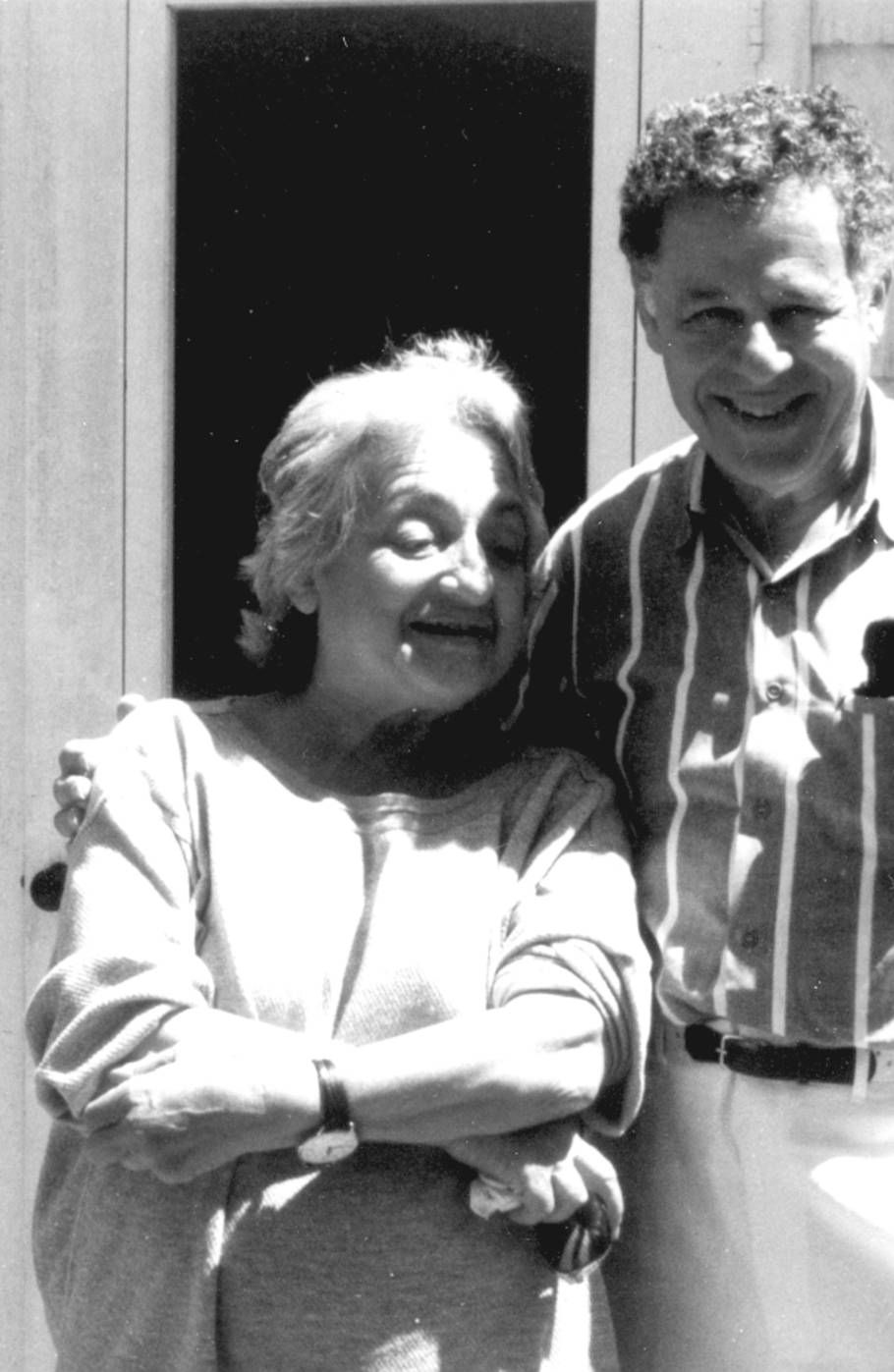

I guess it is again open season on the author of The Feminine Mystique. In an article highlighting the importance of Betty Friedan's landmark feminist publication, the New Yorker's Louis Menard deviates from his literature review to report some of the criticism levied against Ms. Friedan. Her ex-husband Carl, whom she dismissed as a lightweight, is quoted as saying that Friedan "hated men." The article also states she is not the first to come up with feminist ideas -- which is quite true, but also irrelevant. There are very few grand new ideas. Betty's credit is that she not merely published a powerful brief for women's rights at the right time, but that she spent a lifetime helping turn a text into a major -- indeed worldwide -- social movement that already had and continues to have major socially-transforming effects.
Before I proceed, I should establish my personal knowledge of the subject at hand. Betty and I broke bread together often at meals in our respective homes -- first when we both lived in New York City, and later when we both moved to Washington, D.C. I was often a guest at her home in Sag Harbor and lost count of the times she, Cynthia Fuchs Epstein, William J. Goode, and I went out for dinner. Betty attended the bar mitzvah of my youngest son. I held her hand after she had heart valve surgery. She flattered me out of my wits when she told others that my book, The Active Society, influenced her book.
I'll be the first to admit Betty was no saint. You did not want to be between her and a TV camera. And she could go from zero to 75 more quickly than any sports car -- but also cool down just as rapidly. Betty used to chew me out during meetings of The Communitarian Network for supporting the traditional family, which she defined as a husband, a wife, and two children. However, once I reminded her that all I was pointing out was that children benefit when they have two deeply involved parents rather than one -- she was quick to make up.
The argument that Betty had hidden left leanings, rather than pure dedication to the cause of women, has an oddly ahistorical tone. We are talking about the 60s and early 70s. Liberalism, with mild left tinges, was widely embraced by most social activists, whether they championed minorities' rights (the civil rights moment), the counterculture, or later -- environmentalism. And liberals supported women's rights while conservatives opposed them.
The claim that The Feminine Mystique relied on scholarship that since has been contested misses the point on two grounds. First, scholarship is often contested. Just look at the challenges faced by those who show that the world's climate is heating up. Second, ideational briefs -- from Karl Marx to Martin Luther King, Jr. -- are not to be judged by the extent to which their works are properly footnoted, their regression analyses pan out, and other such metrics. The proper questions are whether their cause was just, whether they served or hindered those they sought to serve, and whether there is compelling evidence that their brief is counter to robust evidence. By these lights, my friend Betty shines.
Beyond history-making, The Feminine Mystique had a major effect that alone justifies its being listed among the small number of books whose authors ought to be celebrated rather than raked over the coals. Practically every time Betty and I were in public -- say, visiting the gallery of a Long Island sculpture she appreciated or participating in a meeting seeking housing for the poor in Amagansett -- women would approach Betty. They would tell her, often with tears in their eyes, "You changed my life," "Your book turned me around," and "If it was not for you, I would have never dared..." Betty found such evidence of her redemptive work embracing. She would mumble her thanks and divert her eyes. However, I found that these uncharacteristic moments of humility merely add to her stature as a person who did good.
For more, see Amitai Etzioni's My Brother's Keeper (Roman & Littlefield, 2003).